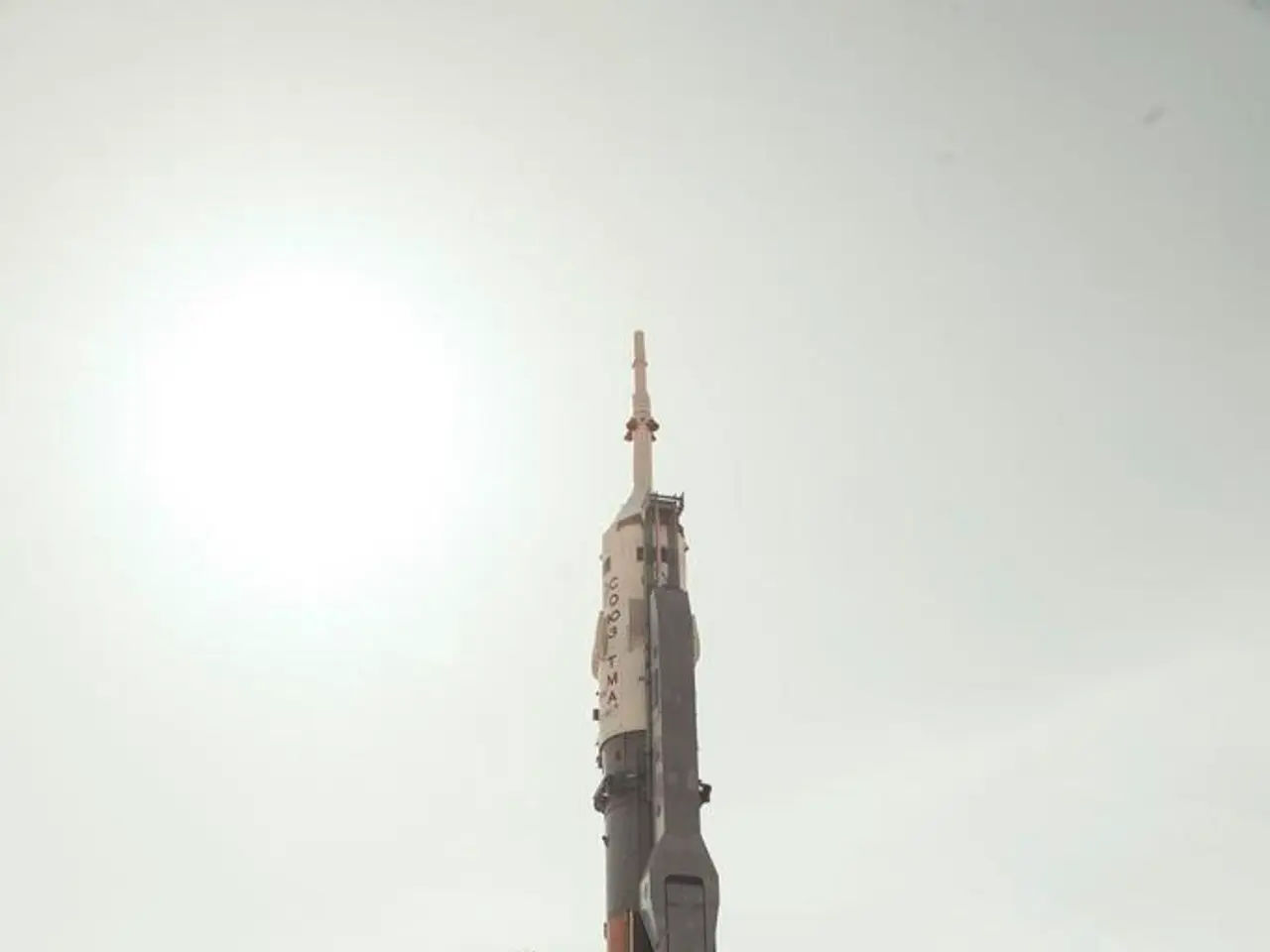British firm Skyrora secures authorization for domestic space launches from UK soil
Skyrora, a Scottish-based space company, is gearing up for orbital launches from the U.K., with plans to launch its Skyrora XL rocket from the SaxaVord Spaceport in Shetland as early as Q4 2026.
The Skyrora XL is a three-stage orbital vehicle, standing at 22.7 meters tall and capable of placing up to 315 kg into sun-synchronous orbit (SSO). The rocket uses a cleaner propellant, kerosene and high-test peroxide (HTP), with kerosene fuel produced by Skyrora from plastic waste for sustainability.
The company has already 3D-printed first-stage engines and plans to test-fire the main Skyforce engine soon. The Skyrora XL's design is informed by years of testing with the Skylark vehicle, and engine component tests have been ongoing for years, including a notable 2020 third-stage engine reignition test and 2021 static firings of the second-stage engine.
Skyrora has a UK license for up to 16 suborbital Skylark L launches yearly from SaxaVord, with the first UK launch upcoming following a previous Iceland launch failure in 2022. The company's focus, however, is on developing orbital launch capability from the UK, with SaxaVord as the primary site.
The U.K. regulator's vertical launch license is specific to SaxaVord, and no confirmed plans for orbital launches from other countries have been reported. Skyrora has options to launch from Australia, Oman, and potentially Iceland, but their present focus remains on the U.K.
Skyrora's CEO, Volodymyr Levykin, stated that the license is a testament to the company's hard work and dedication. "The U.K. having sovereign launch capabilities for commercial activity and strategic defense considerations is of utmost importance," he emphasized.
While a first launch is not expected before the end of 2025, Skyrora is not alone in its ambitions. In late March, Germany's Isar Aerospace had an unsuccessful first orbital launch attempt from the European mainland. Rocket Factory Augsburg (RFA) of Germany received an orbital launch license from the U.K. CAA, allowing up to 10 launches per year. RFA was one of five companies selected for the European Space Agency's European Launcher Challenge.
The licensing approval process considered factors such as safety, international obligations, and environmental mitigations concerning Skyrora's planned launches. The RFA One rocket of RFA exploded during a static-fire test at SaxaVord Spaceport in 2021.
Despite these challenges, Skyrora is progressively moving from suborbital test flights toward orbital launches, leveraging its UK launch license and SaxaVord infrastructure to build a sustainable and sovereign U.K. launch industry.
- Skyrora's orbital vehicle, the Skyrora XL, uses cleaner propellant and sustainably produced kerosene fuel, demonstrating the company's commitment to both the environment and business.
- Amidst growing competition in the space and astronomy field, Skyrora is focusing on developing its orbital launch capability from the UK's SaxaVord Spaceport, with an aim to place up to 315 kg into sun-synchronous orbit (SSO).
- With a UK license for annual suborbital Skylark L launches from SaxaVord Spaceport, Skyrora is leveraging this infrastructure and its orbital launch capability ambitions to contribute to the UK's historic foray into space-and-astronomy, with significant implications for the nation's history, business, and strategic defense considerations.




